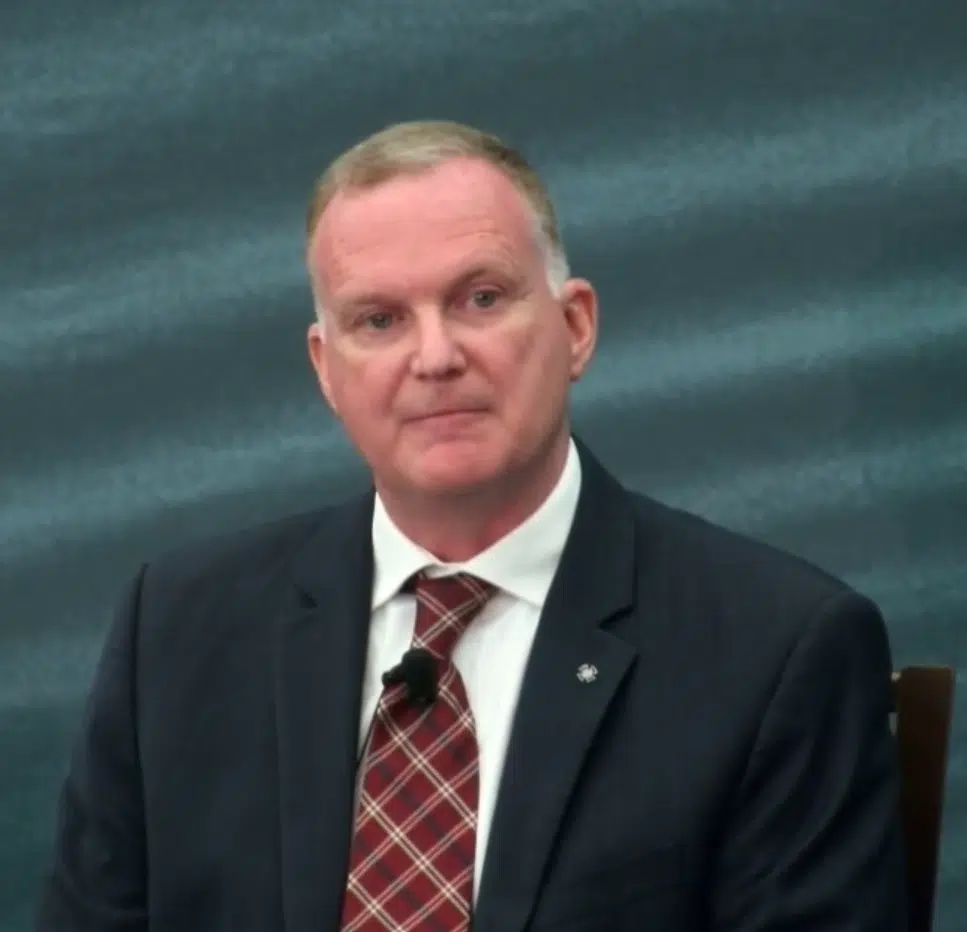A senior RCMP member testified Monday at the public inquiry looking into the mass shooting in Nova Scotia two years ago.
Chief Supt. Darren Campbell, who was the support services officer – the third-highest ranking Mountie in NS – at the time of the shootings, approved deploying a critical incident commander (CIC) at 10:46 the first night of the gunman’s rampage.
Campbell was asked by the commission why he initially told the public they were looking at multiple suspects, despite the first 911 caller giving the gunman’s name and profession.
“At that point in time, [police] didn’t know where Lisa Banfield was and they didn’t know whether or not she was a victim [or] whether she was involved – there was no idea. So they were exploring as many possibilities as they… could in terms of suspects.”
Campbell, who was promoted to the rank of chief superintendent after the mass killing, headed the RCMP’S investigation into the incident, and was the face of the RCMP during public news conferences in the weeks that followed.
The inquiry also questioned Campbell about who is responsible for bringing the CIC up to speed as a critical incident unfolds.
Campbell told the inquiry he believes the onus is on all on-the-ground officers as well as 911 dispatchers to share crucial information learned from witness interviews and emergency calls.
“There’s no such thing as perfect, and clearly there were things that were missed along the way, that weren’t necessarily fully understood by the critical incident commander by the time the critical incident commander was in a position to take command authority,” he said.
Campbell’s testimony is set to continue Tuesday morning.
Chief Supt. Chris Leather, the second-highest ranking Mountie in Nova Scotia at the time of the shootings, is also scheduled to testify before the commission, on Wednesday and Thursday.
The schedule shows Leather will be testifying about “internal and inter-agency communication” after the shootings.




